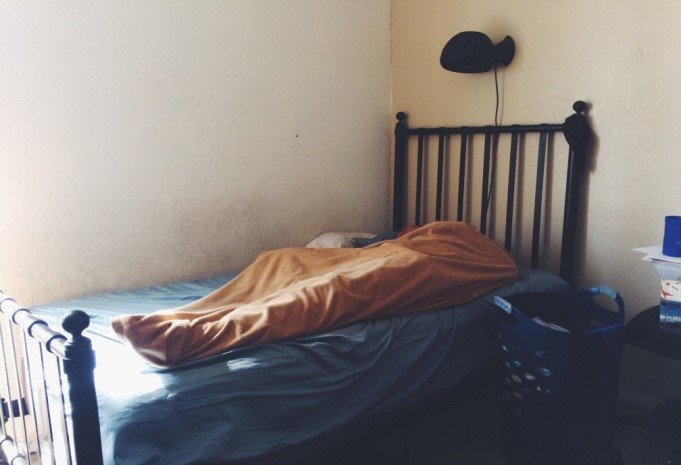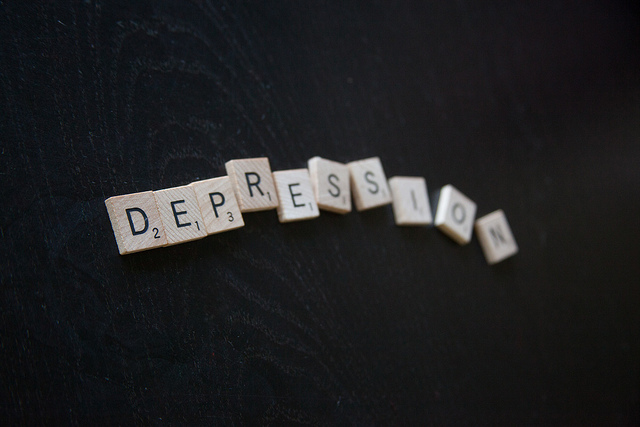Depression is one of the most common psychological problems throughout the world.
It not only affects the physical health of the individual but it also has a negative impact on a person’s psychological health and well-being. It has devastating effects on a person’s everyday functioning. Early diagnosis and treatment can help in minimising the negative effects of depression.
The psychological effects of depression can be seen in a person’s daily life, from home to work, and in social interactions. We discuss some of them below:
Depression greatly affects a person’s memory and attention
Depressed individuals often find it difficult to concentrate properly. They get tangled in their chain of thoughts and feel lost. Because of this, they are unable to focus on details.
For example, if a student is suffering from depression then they will be unable to focus on the lectures delivered in a classroom. They might be busy in their own thoughts. And as a result, they miss many important points in the lecture.
Depression also has a negative effect on a person’s memory
A person will often be forgetful and find difficulty in memorising or recalling important information. If we continue with the above example, then a depressed student will be unable to remember the topics during exams. This will affect their overall results and their grades will fall.
Losing interest or pleasure in activities that previously brought joy
Social withdrawal is one of the psychological effects of depression. When a person feels depressed they often do not like to go out of their room or house. They may no longer want to interact with people. When a person stops interacting with other people then they will experience social withdrawal.
Serotonin is a chemical which boosts a person’s mood and makes a person feels happy and social. Because of the imbalance in the level of serotonin, a person’s mood gets low. They do not like to socialise, and they become depressed.
Suicidal thoughts and self-harm behaviours
People going through from severe depression often experience suicidal thoughts which lead towards suicidal attempts. In depression, a person has feelings of worthlessness, helplessness, and hopelessness. As a result, a person may feel they do not wish to live anymore. This can lead towards self-harm behaviours.
People around the depressed individual can identify the warning signs of suicide. If the person threatens that they will hurt themselves or has a death wish, is talking about suicide, or seeking methods to harm or kill themselves, etc – these are warning signs.
If warning signs are identified, a person needs to immediately inform the concerned person.
Drug use is another potential avenue, as many people experiencing depression feel that drugs ‘numb the pain’. Relying on a drug may make things worse and isolate them further.
Further Information on Depression
You can read further information about depression that we have prepared for you.
Is depression affecting your life? We are here to help. Reach out to us today.



